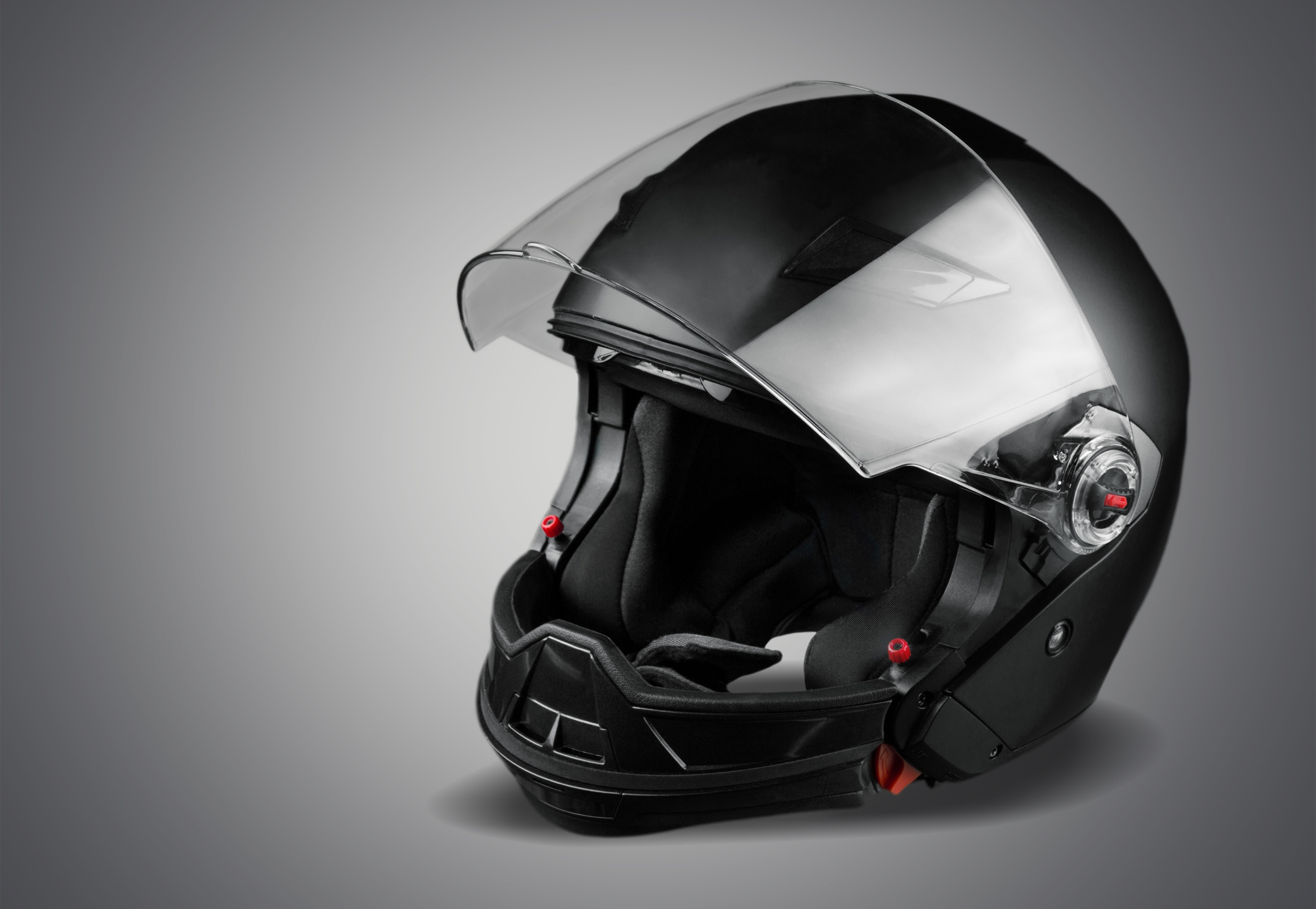Home > Houston Motorcycle Accident Lawyer > Helmet Laws
Helmet Laws in Texas

Motorcycle helmets work. Lawmakers in states like Texas have wrestled with whether to force riders to wear these lifesaving devices. Contrary to popular belief, Texas has a motorcycle helmet law, but it has limitations and exceptions that render it virtually unenforceable in most situations.
After a motorcycle accident in Houston, TX, your compliance with helmet laws in Texas could affect your right to pursue personal injury compensation. Zehl & Associates Injury & Accident Lawyers can tailor a legal strategy for seeking a fair outcome under the law.
Contact our award-winning Houston personal injury lawyers to discuss your motorcycle accident case. We offer a free initial consultation. You can call us at (888) 603-3636.
Table of Contents
- How Zehl & Associates Injury & Accident Lawyers Can Help After a Motorcycle Crash in Houston, TX
- How Common Are Head Injuries in Houston Motorcycle Accidents?
- Texas Motorcycle Helmet Laws
- What Are the Consequences of Riding a Motorcycle Helmetless in Texas?
- Schedule a Free Case Assessment With Our Undefeated Houston Motorcycle Accident Attorneys
How Zehl & Associates Injury & Accident Lawyers Can Help After a Motorcycle Crash in Houston, TX

Zehl & Associates Injury & Accident Lawyers has helped accident victims in Houston, Texas, since 2006. Our Houston motorcycle accident lawyers are undefeated in the courtroom and have recovered some of the largest settlements and damage awards in state history.
After suffering an injury, our attorneys can provide you with:
- Legal advice and counsel to educate you about your rights under Texas law
- Negotiation skills to try to resolve your insurance claim for the maximum amount possible
- Aggressive advocacy of your claim to jurors if we cannot settle your case
A motorcycle crash can leave you with brain injuries that affect your physical and mental health. Contact our Houston personal injury attorneys for a free consultation to discuss your motorcycle crash and the compensation you can pursue.
How Common Are Head Injuries in Houston Motorcycle Accidents?
According to a query on the Texas Crash Records Information System (CRIS), Houston had 695 motorcycle accidents in 2023. Over 85% of these crashes caused a fatal or non-fatal injury, resulting in 593 motorcyclists injured or killed.
Texas’s crash statistics do not identify how many of these victims suffered head trauma. However, studies suggest that up to 31% of helmeted riders and up to 38% of unhelmeted riders suffer head injuries in motorcycle accidents. CRIS reports that 177 of the motorcyclists injured or killed in crashes were unhelmeted, while 416 wore helmets.
Using these numbers, you can estimate that about 196 motorcyclists suffered head injuries in Houston motorcycle crashes in 2023. This number comes out to almost exactly one-third of motorcyclists injured or killed in the city that year.
Texas Motorcycle Helmet Laws
Texas has a universal motorcycle helmet law. The statute states that every motorcycle operator and passenger must wear a helmet while riding on public streets and highways. The headgear must meet U.S. Department of Transportation (DOT) regulations that set the testing standards for helmets. A novelty helmet without DOT approval does not satisfy Texas’s helmet law.
But the law also includes two limitations that render it virtually unenforceable:
Health Insurance or Operator Training
The law requires all riders under 21 to wear a helmet.
But it exempts riders 21 or older from wearing a helmet if they:
- Completed a motorcycle operator training course; or
- Have health insurance that covers motorcycle accident injuries.
This exception significantly limits the ability of police officers to enforce the law in three ways. First, a police officer usually cannot tell a rider’s age as they zip by on a motorcycle.
Second, officers cannot tell whether riders have health insurance without stopping them. But traffic stops take time, and officers will not stop riders when there is a good chance they are not breaking the law. Thus, officers will not waste time making traffic stops to check the health insurance status of unhelmeted riders.
Third and most importantly, all licensed motorcyclists must complete a motorcycle operator training course. This exempts all licensed operators over 21 from the helmet law.
Secondary Enforcement
Another limitation that renders the helmet law unenforceable comes from the law’s secondary enforcement provision. The law states that police officers cannot stop riders to check their health insurance status or motorcycle operator training status. Officers can only stop riders to verify their age.
Thus, the only situation that will not result in wasted time and effort happens when a child passenger rides helmetless.
What Are the Consequences of Riding a Motorcycle Helmetless in Texas?
Whether you break Texas’s helmet law or not, riding without a helmet comes with significant risks. Your likelihood of suffering a head injury increases when you ride helmetless. You are also more likely to die if you get hit when not wearing a helmet.
Helmetless riders can also lose some of their compensation for worsening their injuries. Under Texas law, everyone who contributed to the victim’s injuries gets assigned a share of the blame. If the victim contributed, they also get a share of the blame.
According to this theory, a rider acts negligently by not wearing a helmet. If they suffer a head injury, their negligence contributed to their injury. As a result, they deserve a share of the blame and reduced compensation. Thus, if a jury determines the rider’s share of the blame is 10%, they can only get 90% of their damages.
Schedule a Free Case Assessment With Our Undefeated Houston Motorcycle Accident Attorneys
A head or brain injury from a motorcycle accident can cause permanent disabilities that prevent you from working or even caring for yourself. Contact Zehl & Associates Injury & Accident Lawyers for a free consultation to discuss your motorcycle crash and the compensation you can seek under Texas law.
FREE CASE REVIEW
Fill Out the Form Below for a Free Case Review with our Undefeated Personal Injury Lawyers
All communications are private and confidential. This site is protected by reCAPTCHA and the Google Privacy Policy and Terms of Service apply.